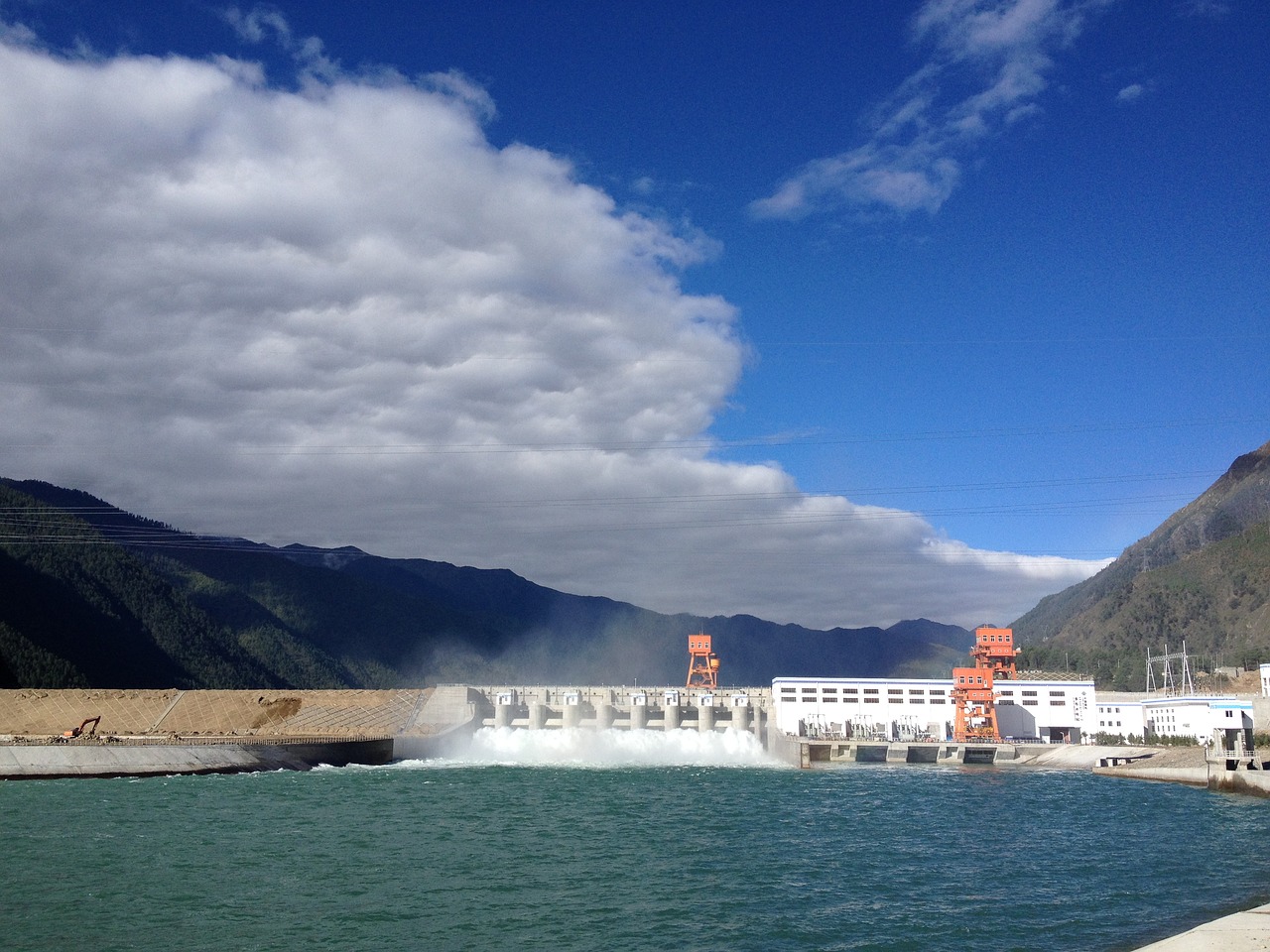Developers appeal FIT extension urgent to NREB, DOE
- May 26, 2017
- 0

Taking cues from the National Renewable Energy Board (NREB), the proposal from the developers to extend the deadline is yet to be reviewed as the FIT allocation for the aforementioned RE sources remain undersubscribed three years after the program’s implementation.
“They have explained to us the challenges for both biomass and run-of-hydro. The National Commission on Indigenous Peoples (NCIP) is primarily an issue because of the long process to get their consent for water permit,” NREB chairman Jose Layug said at the Power and Electricity World Philippines 2017 on Tuesday.
The advisory body is aiming to submit the proposal to the Department of Energy (DOE) by third quarter of 2017.
The FIT rates as per run-of-river and biomass have already been lowered to P5.8705 per kilowatt-hour (kWh) and P6.6959-kWh from the supposed P5.90-kWh and P6.63-kWh respectively. Each technology has an installation target of 250-megawatt (MW).
Last December, existing run-of-hydro projects have used 28.6976-MW while biomass plants finished with 144.80-MW.
However, DOE said the lack of technology, financing, and feedstock supply remain problematic for biomass developments in the country.
Power developer First Gen Corp. also said that run-of-hydro technologies are long gestation developments that require more completion time to meet FIT incentives.
“They have to realize that hydro development is actually very long gestation but at the same time, in order for us to go ahead, we have to be assured that there is a market,” president and chief operating officer Francis Giles Puno said.